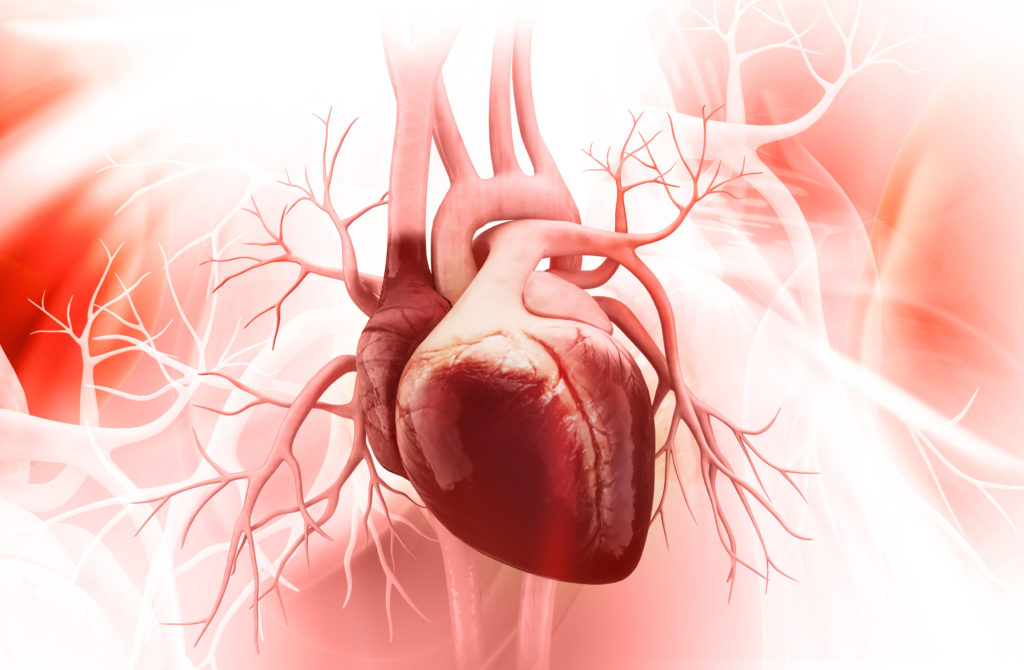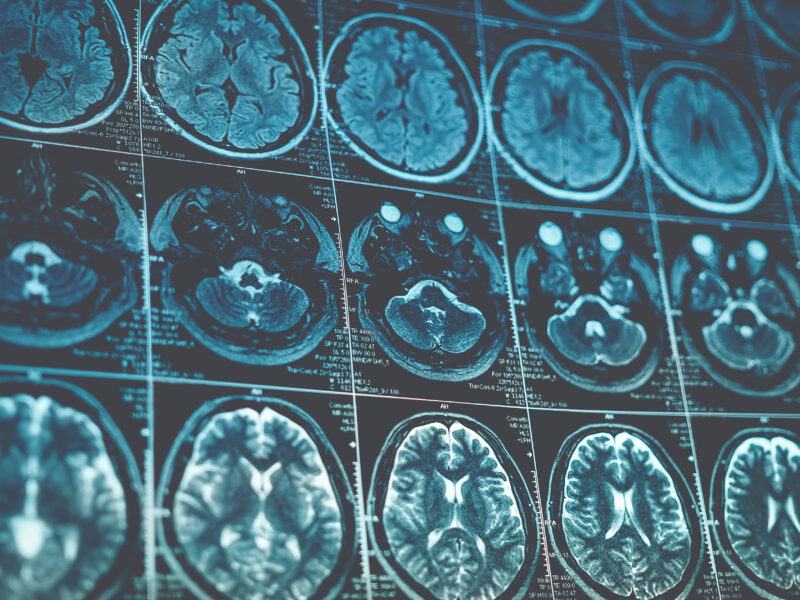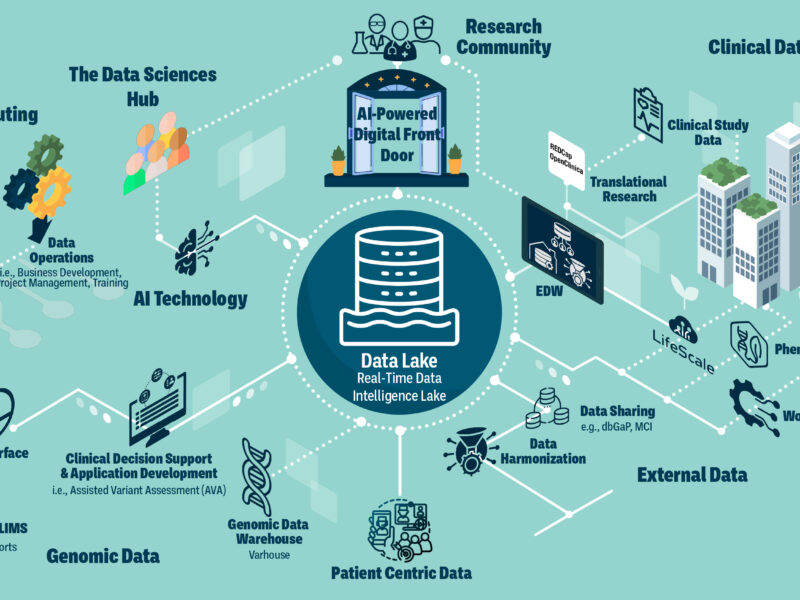Variability in Cardiac Diagnostics and Therapies for Patients with Duchenne Muscular Dystrophy
Variability in Cardiac Diagnostics and Therapies for Patients with Duchenne Muscular Dystrophy https://pediatricsnationwide.org/wp-content/uploads/2020/09/AdobeStock_93001580-1024x670.jpg 1024 670 Mary Bates, PhD Mary Bates, PhD https://secure.gravatar.com/avatar/c6233ca2b7754ab7c4c820e14eb518c8?s=96&d=mm&r=g- May 31, 2022
- Mary Bates, PhD

Survey shows different approaches to cardiac diagnostics and therapy among a multicenter collaborative network.
Cardiac disease is a major cause of mortality in Duchenne muscular dystrophy (DMD), yet data regarding outcomes and cardiac disease progression are lacking. This has led to a highly variable approach to heart failure therapy in DMD from center to center, according to a new report published in Pediatric Cardiology.
Researchers from Nationwide Children’s and other institutions surveyed pediatric cardiologists within the Advanced Cardiac Therapies Improving Outcomes Network (ACTION), a multicenter heart failure quality improvement network led by Cincinnati Children’s Hospital Medical Center. The survey asked about diagnostic and therapeutic approaches to cardiac care in patients with DMD. Thirty-one providers from 23 centers responded.
The results revealed much variability in cardiac care among ACTION centers, says Linda Cripe, MD, a pediatric cardiologist for The Heart Center at Nationwide Children’s and senior author of the study.
“I think the biggest takeaway message is that we need to further standardize care and better harmonize treatment protocols,” she says.
The survey showed that the approach to diagnostic testing was highly variable. For instance, methods such as progression of late gadolinium enhancement are widely used in DMD research but less so in the clinic. And while cardiac MRI and Holter monitoring are routinely obtained, the frequency of use and indications for ordering these tests varies widely.
In addition, the results showed that the use of advanced heart failure therapies, including implantable cardioverter defibrillators and ventricular assist devices, is increasing, though still highly variable between centers.
Finally, when it came to the use of angiotensin-converting enzyme inhibitor (ACEi)/angiotensin receptor blocker (ARB) and beta-blockers for patients with DMD, there was general consensus among survey responders, though there were differences in the specifics of initiation.
The ACTION DMD committee was recently formed with the goal of standardizing and optimizing cardiac care in order to improve clinical outcomes in patients with DMD. Dr. Cripe says this effort will be important as therapeutic approaches to heart failure and skeletal muscle disorders are rapidly evolving. So far, 26 centers have committed to sharing data and experience as part of the collaboration.
Optimizing clinical care would benefit patients in multiple ways, says Dr. Cripe, who is also a professor of pediatrics at The Ohio State University College of Medicine.
“Standardizing treatment protocols would also allow us to run better clinical trials in the future,” she says. “It’s very difficult to run a clinical trial if everybody is doing things in a different way.”
Reference:
Villa C, Auerbach SR, Bansal N, Birnbaum BF, Conway J, Esteso P, Gambetta K, Hall EK, Kaufman BD, Kirmani S, Lal AK, Martinez HR, Nandi D, O’Connor MJ, Parent JJ, Raucci FJ, Shih R, Shugh S, Soslow JH, Tunuguntla H, Wittlieb-Weber CA, Kinnett K, Cripe L. Current Practices in Treating Cardiomyopathy and Heart Failure in Duchenne Muscular Dystrophy (DMD): Understanding Care Practices in Order to Optimize DMD Heart Failure Through ACTION. Pediatric Cardiology. 2022 Jun;43(5):977-985.
About the author
Mary a freelance science writer and blogger based in Boston. Her favorite topics include biology, psychology, neuroscience, ecology, and animal behavior. She has a BA in Biology-Psychology with a minor in English from Skidmore College in Saratoga Springs, NY, and a PhD from Brown University, where she researched bat echolocation and bullfrog chorusing.
-
Mary Bates, PhDhttps://pediatricsnationwide.org/author/mary-bates-phd/December 27, 2016
-
Mary Bates, PhDhttps://pediatricsnationwide.org/author/mary-bates-phd/
-
Mary Bates, PhDhttps://pediatricsnationwide.org/author/mary-bates-phd/
-
Mary Bates, PhDhttps://pediatricsnationwide.org/author/mary-bates-phd/






